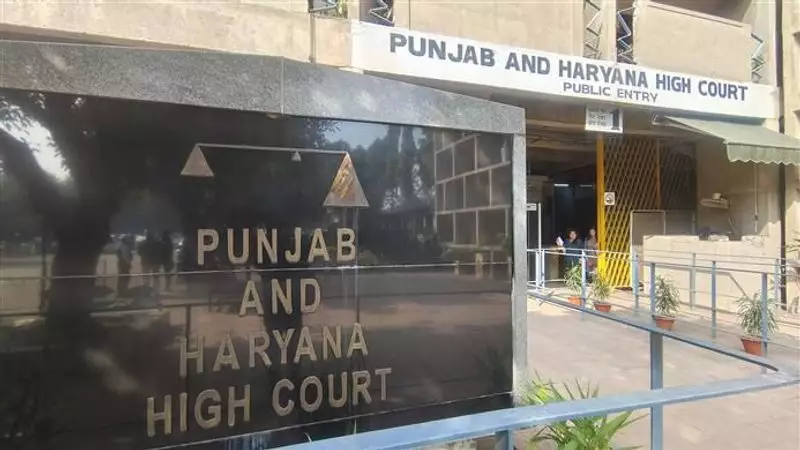
In a scathing indictment of the Haryana government's approach, the Punjab & Haryana High Court has delivered a landmark judgment that underscores the importance of human dignity over bureaucratic procedures. The court has directed the state to pay ₹7.5 lakh as compensation to a man who was wrongfully denied an ex-gratia government job following his father's tragic death.
Justice Speaks: Court Condemns 'Mechanical Approach'
The bench, comprising Justice Raj Mohan Singh, didn't mince words while criticizing the state authorities for their "mechanical approach" in handling the case. The court observed that this attitude demonstrated "utter disregard to human dignity," highlighting how bureaucratic red tape had overshadowed basic human compassion.
The Heart of the Matter
The case revolved around a petitioner who had sought compassionate appointment after his father, a government employee, passed away during service. Despite meeting the essential criteria, the man's application for ex-gratia employment was repeatedly rejected by the state authorities, forcing him to seek judicial intervention.
Court's Groundbreaking Observations
The High Court made several significant observations in its ruling:
- The state's approach lacked empathy and compassion toward the bereaved family
- Bureaucratic procedures cannot override fundamental human rights
- Denial of legitimate ex-gratia employment constitutes a violation of human dignity
- The compensation serves as both relief and recognition of the injustice suffered
Monetary Relief: Beyond Financial Compensation
The awarded compensation of ₹7.5 lakh represents more than just financial relief. It stands as judicial acknowledgment of the mental agony, financial hardship, and dignity violation the petitioner endured due to the state's arbitrary decision-making.
Broader Implications
This judgment sets a crucial precedent for similar cases across India, particularly in:
- Establishing human dignity as a paramount consideration in government decisions
- Reinforcing accountability in administrative processes
- Providing a legal framework for challenging arbitrary denials of compassionate appointments
- Emphasizing that welfare policies must be implemented with empathy
The ruling serves as a powerful reminder that government machinery exists to serve citizens, not to create additional hurdles during their most vulnerable moments. It reinforces the judiciary's role as the guardian of citizens' rights and dignity against bureaucratic indifference.




